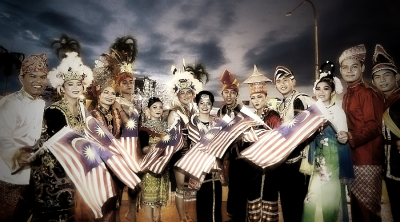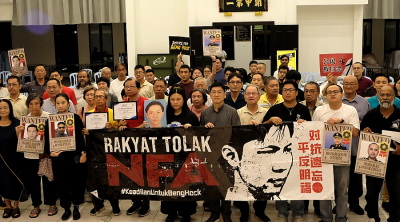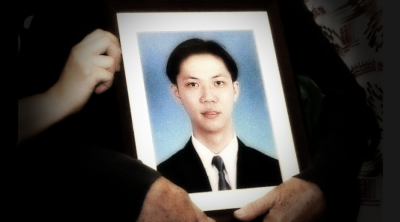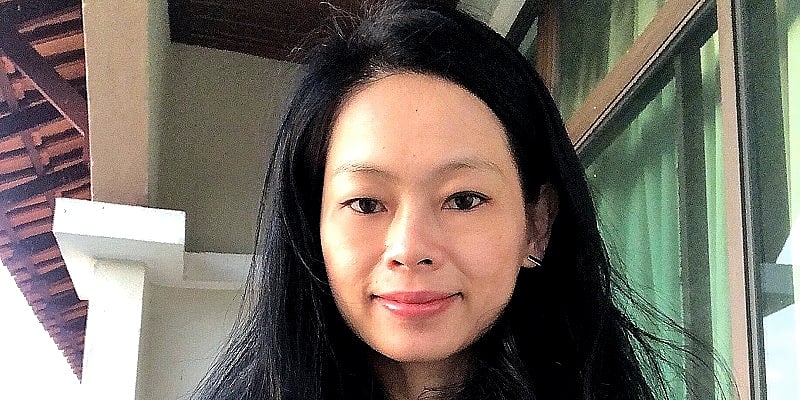
It has been an extraordinary week in Malaysia, not for what was resolved, but for how urgently familiar it all felt.
Justice was grieved, defended, and once again thrust into the national spotlight.
The Malaysian Anti-Corruption Commission (MACC) issued a public apology to the family of Teoh Beng Hock. The legal fraternity marched through the streets in black robes to protest threats to judicial independence. And a long-standing concern, referring to the allegations of interference in the judiciary regained public attention.
These were not isolated episodes. They formed a pattern: a chorus of remembrance, resistance, and reckoning in a society weary of institutional fatigue and democratic erosion.
Now, with the appointment of Datuk Wan Ahmad Farid Wan Salleh as the new Chief Justice, concerns over the politicization of the judiciary have taken on renewed urgency.
The apology that didn’t heal
Sixteen years since Teoh Beng Hock’s tragic death under MACC custody, his family remains without justice.
Investigations, inquiries, and court rulings have pointed to wrongdoing, but no one has been held responsible.
So, when the MACC issued its apology last week, it wasn’t seen as healing. It was seen as hollow.
The family’s rejection of both the apology and the proposed “goodwill” payment speaks volumes.
What they asked for was never money. It was accountability.
An apology without prosecutions, and without structural change feels like a performative attempt to close the book, not reckon with its contents.
Teoh’s death has become more than a singular case. It symbolizes the impunity that arises when state power is exercised without oversight.
It is not just a story of custodial abuse, but of a justice system that too often prioritizes institutional protection over individual dignity.
That this apology came after so many years, without further action, reinforced the very cynicism it was meant to dispel.
Judicial independence reclaimed
Amid the unresolved grief, another issue re-emerged with fresh urgency: the question of judicial independence.
Allegations of interference in the judiciary are not new in Malaysia, but this time, they re-entered public discourse with a louder and more sustained resonance.
Calls for a Royal Commission of Inquiry (RCI) have surfaced once more, not just from political actors but from segments of civil society, the legal community, and the public.
The attention this issue is receiving reflects not a partisan divide, but a deeper institutional anxiety.
Malaysians are increasingly aware that the rule of law cannot exist when the judiciary is vulnerable to external pressures.
This concern transcends party lines. It is not about individual politicians or isolated incidents; it is about the very fabric of democratic governance.
A judiciary that bends to executive influence, or is perceived to, cannot fulfil its role as a constitutional safeguard.
The debate is no longer whether the system needs reform; it is about how long we can afford to delay it.
When the Bar walks
If one image defined the week, it was this: hundreds of lawyers dressed in black, marching silently through the streets of Kuala Lumpur.
Organized by the Bar Council, the walk was a powerful and deliberate act; one that spoke louder than any headline.
Lawyers are not quick to leave their courtrooms. To walk is to break convention. It is to assert that something is fundamentally broken, and that silence can no longer be the default. Their march was not performative; it was necessary.
The walk came at a time when trust in judicial processes is increasingly fragile.
Questions around the appointment of judges, the independence of rulings, and the integrity of legal institutions have gained public traction.
The Bar’s action was not just a professional response. It was a civic one. A reminder that the legal community, too, holds responsibility in defending the separation of powers.
I stand firmly with the lawyers who marched. Their action represents a broader democratic impulse: that we must act when lines are crossed.
It matters that they did not remain quiet. It matters that they reminded the nation that judicial independence is not a luxury; it is a lifeline.
Until we take seriously the independence of our judiciary; until accountability is no longer symbolic but structural; justice in Malaysia will remain something spoken about, but not fully realized.
Where it all collides
Teoh Beng Hock’s unresolved death. The revived public concern over judicial interference. The black-robed defiance of the legal profession. These are not isolated moments; they are deeply interconnected expressions of a society grappling with the structural fragility of its institutions.
Together, they expose a persistent fault line in Malaysia’s democratic architecture: the failure to institutionalize accountability beyond political expediency.
At the heart of these events is a core constitutional principle; the independence of the judiciary, which, as legal theorists have long argued, is the bedrock upon which the legitimacy of a democratic state rests.
A judiciary that is not only independent but seen to be independent is essential for maintaining public trust in the rule of law.
When that perception erodes, it is not just the courts that suffer, it is the entire framework of democratic governance that begins to unravel.
As political scientist Guillermo O’Donnell once wrote in his work (1993) on “brown areas” of democracy, the endurance of democratic institutions depends not only on formal rules, but on how those rules are practiced and defended in everyday life.
In Malaysia, the practice of justice is increasingly being defended from below, not necessarily from within the system itself.
Families like Teoh’s, who refuse silence; lawyers who leave their courtrooms to protect judicial autonomy; and citizens who no longer trust quietly; these are the new guardians of accountability.
Justice must be defended, not displayed
There is a temptation to call this week a turning point. But that would assume something has turned.
What we witnessed was not a transformation; it was a reminder. That even after decades of reform rhetoric, Malaysia’s institutional wounds remain deep.
Justice in Malaysia is still too easily co-opted into spectacle. Apologies come late.
Demands for reform are met with procedural delay. Yet what gives this moment power is the clarity with which the public is responding.
The black robes in the street, the grief of Teoh’s family, the calls for judicial scrutiny; these are not isolated acts. They are expressions of a society that remembers, that resists, and that refuses to let the law become a tool of power rather than a check on it.
Until we take seriously the independence of our judiciary; until accountability is no longer symbolic but structural; justice in Malaysia will remain something spoken about, but not fully realized.
And Malaysians will keep walking.
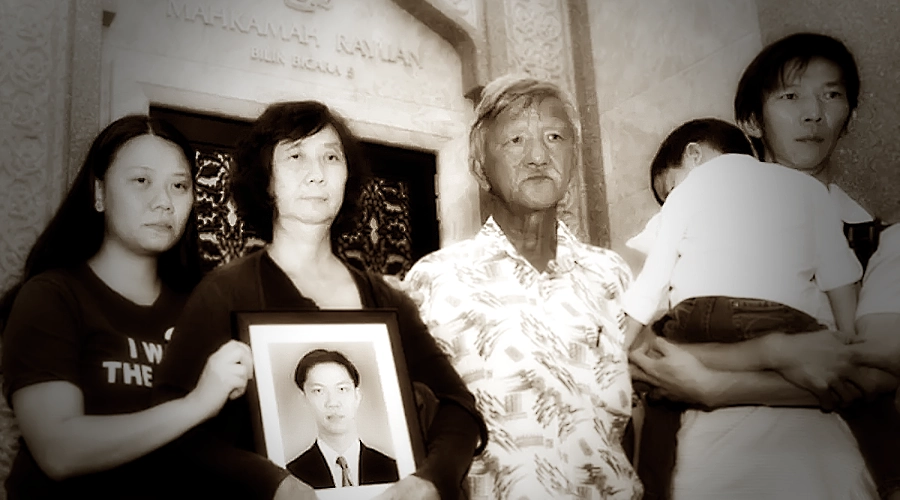
(Khoo Ying Hooi, PhD, is an Associate Professor of International Relations and Human Rights at Universiti Malaya. Her work spans human rights research, diplomacy, and policy engagement across ASEAN and Timor-Leste, along with active contributions in editorial and advisory capacities.)
ADVERTISEMENT
ADVERTISEMENT







